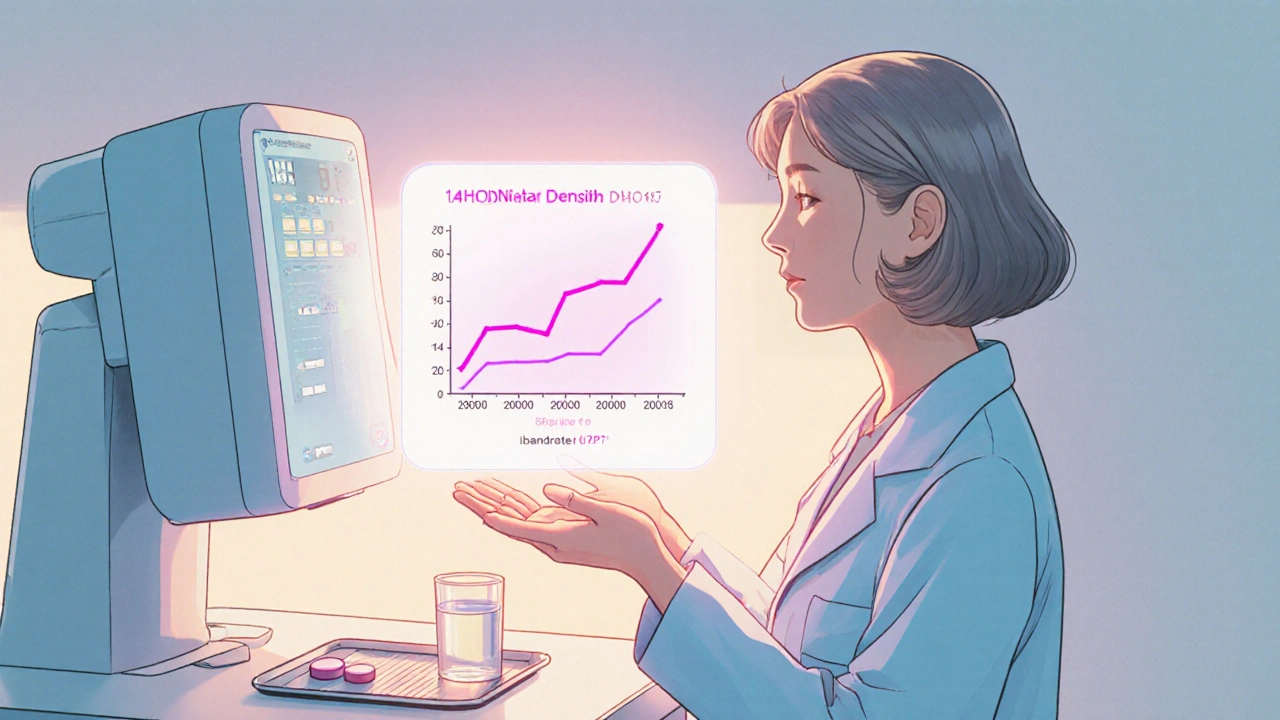Bone Health: What Really Keeps Your Skeleton Strong
When we talk about bone health, the condition of your skeletal system that determines strength, density, and resistance to fracture. Also known as skeletal health, it’s not just about avoiding breaks—it’s about staying active, independent, and pain-free as you age. Most people think bone health is just about drinking milk or popping calcium pills. But that’s like thinking a car runs on gas alone—yes, it’s needed, but without the right engine, tires, and maintenance, it won’t go far.
Your bones are alive. They’re constantly breaking down and rebuilding, especially as you get older. Around age 30, most people hit peak bone mass. After that, if you don’t support the process, you start losing more than you gain. That’s where calcium, the main mineral that gives bones their structure and hardness comes in. But calcium alone won’t do the job. You need vitamin D, the hormone-like nutrient that helps your body absorb calcium from food and direct it to your bones. Without enough vitamin D, up to 80% of the calcium you eat just passes through. Sunlight is the best source, but in winter or if you’re indoors most of the day, you might need supplements.
Then there’s osteoporosis, a condition where bones become porous, fragile, and prone to breaking from minor falls or even coughing. It doesn’t come with warning signs until you fracture something. Women after menopause are at higher risk because estrogen drops, and estrogen helps slow bone loss. But men aren’t safe either—about 1 in 4 men over 50 will break a bone due to weak bones. And it’s not just age. Smoking, too much alcohol, inactivity, and certain medications like long-term steroids can wreck your bone density faster than you think.
What actually helps? Weight-bearing exercise—walking, lifting weights, dancing—tells your bones to get stronger. Standing still won’t cut it. Your bones respond to stress. Eating enough protein matters too—many think it’s bad for bones, but studies show it’s essential for repair. Magnesium, vitamin K, and zinc also play quiet but critical roles. And don’t ignore your gut. If you have digestive issues, you might not be absorbing what you eat, no matter how much calcium you swallow.
The posts below give you real, no-nonsense details on what works—and what doesn’t. You’ll find guides on supplements that actually support bone strength, how certain medications affect your skeleton, and simple daily habits that add up over time. No hype. No fluff. Just what you need to keep your bones strong, mobile, and ready for whatever life throws at you.

